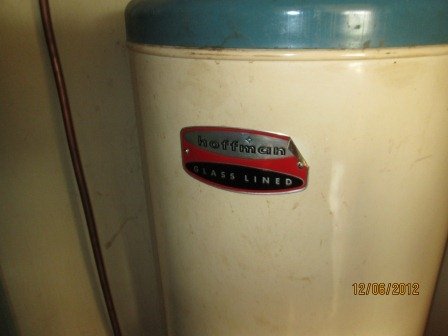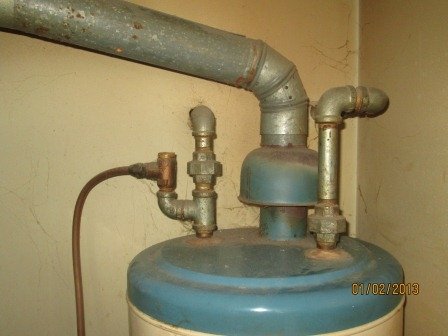psweath
Recycles dryer sheets
I bought a new anode rod, and the old one was so tight that I was very scared I was going to break something, or knock the tank over and break the plumbing connections trying to get it out. So I left it.
I think I've read suggestions to pull it when new, and put a good coat of thread lube on it, so it can be pulled out later. Maybe loosen it every few years, just to break it loose?
-ERD50
When the plumbers came to replace my water heater, they pulled the anode rod out of the old one, just to show me I guess. They removed it by laying the water heater on its side (outdoors!), resting against a huge boulder, and then used a wrench with like a 6 foot pipe extension on it, and he used a lot of his muscle and weight and all that leverage to break it loose, still with quite a bit of effort. He showed me that the rod was pretty much gone - down to a nub - but at the same time I realized that there was no way I could ever get one of those out on my own!


